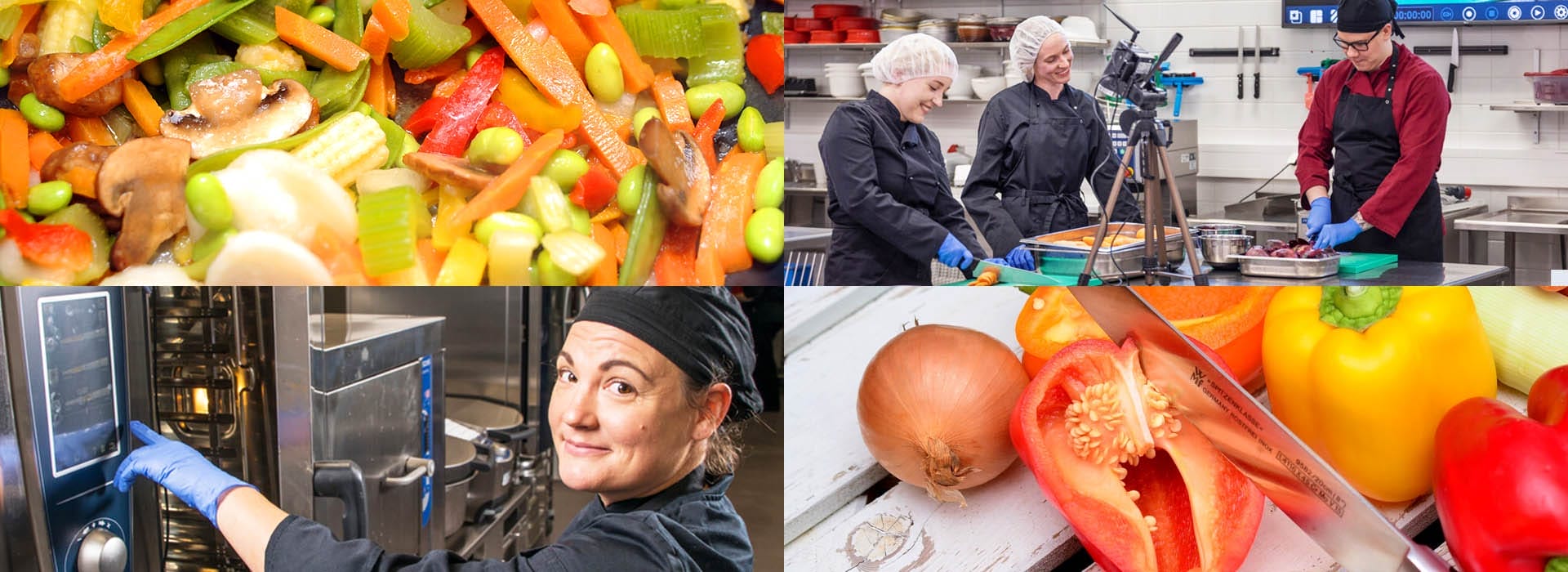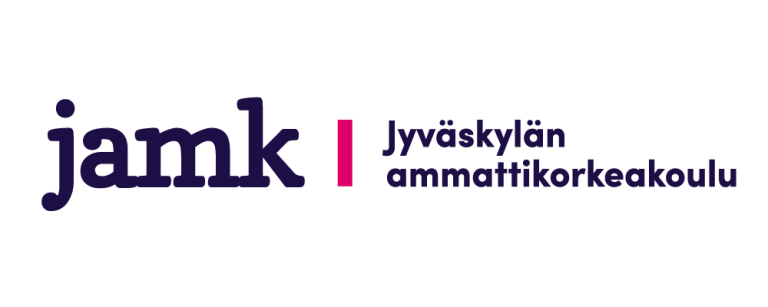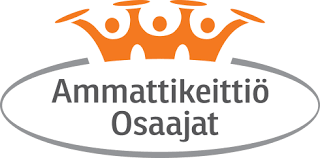

Growth from Plant-Based Food – KasvisPro Edu!
In the nutrition sector, in addition to plant-based food preparation, there is a need for expertise in food education and customer-oriented development, which can be enhanced through training. This way, customers are offered high-quality plant-based dishes that suit their taste preferences, as well as support and encouragement to try new flavors.
Nutrition education and food service professionals are key drivers of the green transition.
Customer-oriented product innovations in collaboration!
The KasvisPro Edu project involves representatives from vocational education, students, professional kitchens, companies producing plant-based proteins and organic products, and industry organizations.
Nutrition educators and trainers play a key role in training future professionals to use vegetables, plant proteins, and plant-based products, in customer-oriented product development for plant-based dishes, and in promoting their acceptance.
The project enhances students’ ability to prepare sustainable food for people and the environment. It encourages reflection on attitudes, food relationships, and the role of promoting and enabling sustainable food choices.
Collaboration between professional kitchens, nutrition education, and companies producing plant-based products creates conditions for the development of customer-oriented product innovations.
National nutrition guidelines continue to encourage more plant-based eating.
The KasvisPro Edu project will increase the expertise of the professionals involved. The project will produce a training program, training materials, and a model for systematic cooperation development. The materials will be collected in a single portal that serves a wide range of target groups.
The KasvisPro Edu project effectively strengthens the expertise in plant-based cuisine in vocational education and professional kitchens by providing training, gathering educational materials in an easily accessible and usable format, and networking vocational education and kitchens with development collaboration with companies producing plant-based products.
Project Goals and Actions
The goal of the KasvisPro Edu project is to strengthen the knowledge and skills of nutrition education staff, trainers, and professional kitchen personnel in the diverse use of vegetables, plant proteins, and plant-based products, customer-oriented product development of vegetarian dishes, and the acceptability of plant-based food. Organic products are included in this scope.
The increased competence of education staff and trainers in these themes enhances the knowledge and skills of nutrition students. In addition, the KasvisPro Edu project improves the availability, accessibility, and usability of training, counseling, and communication materials aimed at professionals in the themes above.
The KasvisPro Edu project fosters increased cooperation between professional kitchens, vocational education, and domestic plant-based product manufacturing and processing companies. This facilitates the development and implementation of customer-oriented product solutions.
The actions to be implemented in the project:
* Increasing professional competence in plant-based food
* Developing product solutions through systematic collaboration
* Collecting materials and communication
* Project management and reporting
Results and Target Group
The result of the KasvisPro Edu project will be a tested training program for vocational education staff, students, and professional kitchen staff to be used as part of teaching, work-based learning, and induction.
In KasvisPro Edu, a tested and piloted operational model will be created for cooperation between professional kitchens, companies that produce and process plant-based products, and vocational education.
In addition, the availability and acceptability of materials related to plant-based food, plant proteins, and organic products will improve as they are gathered and linked in one portal. The project will also result in the creation of new materials and resources.
The main target group of the project includes vocational education staff and trainers in the nutrition field, professional kitchen staff, and companies that produce and process plant-based products and their staff.
The project’s indirect target groups are nutrition students and organizations whose activities promote the use of plant-based and organic products and support education in the field.
Vocational education refers to secondary and higher education in nutrition, such as hotel/restaurant/tourism, catering, nutrition education, and degree programs for hospitality professionals.
Contact
Facts
KasvisPro Edu – More Professional Skills in Using Vegetarian Food and Plant Proteins
Info
Budget
Keywords
Project Partners







